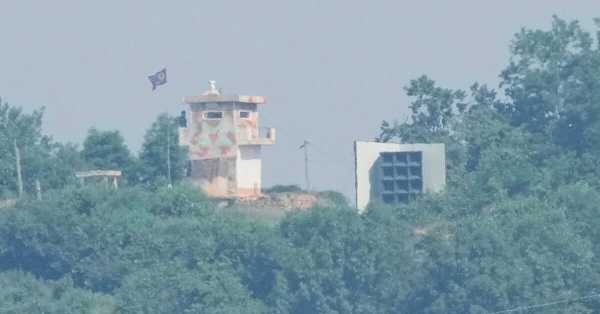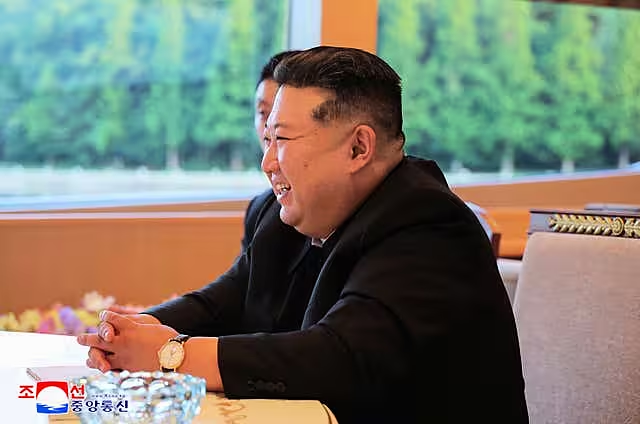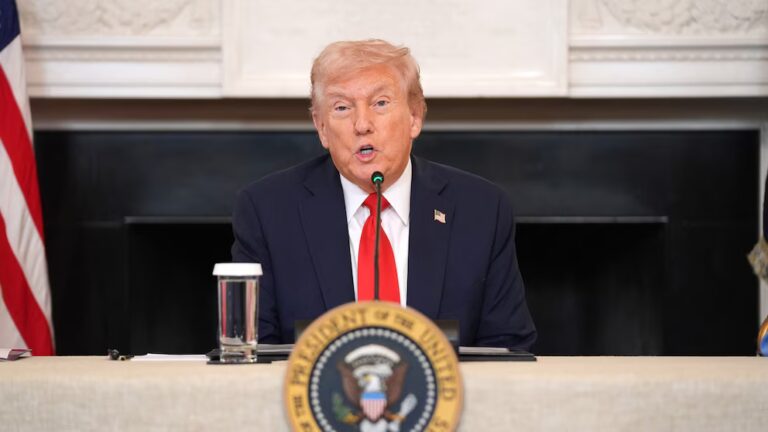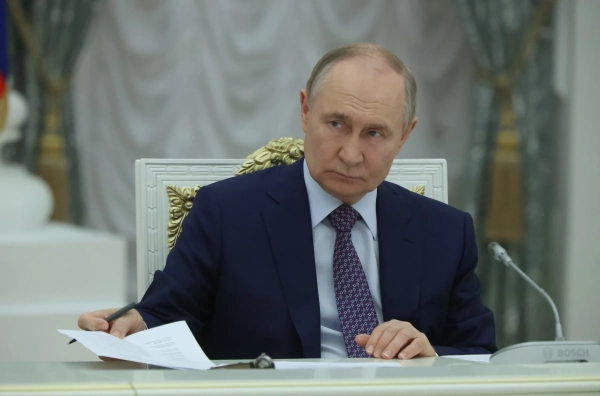
The South Korean military has announced it has begun removing loudspeaker installations along the border with North Korea in an effort to reduce confrontation.
The systems had previously been used to broadcast anti-North Korean propaganda, but the new liberal cabinet stopped the broadcasts in June, demonstrating a desire for reconciliation, trust-building and renewed talks with Pyongyang, which has largely shut down its southern neighbor in recent years.
The South Korean Defense Ministry's statement on Monday emphasized that the physical removal of the equipment from the border zone represents another “practical step” to ease the standoff between the conflict-torn Korean states, while maintaining the combat readiness of the South Korean army at its previous level.
The agency's press secretary Lee Kyung-ho did not specify the details of the storage of the dismantled equipment and the possibility of its prompt return to the border in the event of a new round of escalation.
At an official briefing, an administration representative noted that no coordination was conducted between the military structures of the parties before the decision to dismantle the weapons was made.
North Korea, which is extremely sensitive to external criticism of its authoritarian regime and third-generation leader Kim Jong-un, has not yet responded to Seoul's actions.
South Korea's previous conservative leadership resumed daily audio broadcasts last June after a long hiatus, in response to North Korea's launch of garbage balloons as part of an information war.

The broadcasts included propaganda messages and K-pop tracks, a selection clearly aimed at irritating residents of the North Korean capital, where the Kim regime has been intensifying its fight against the infiltration of elements of South Korean popular culture and language to strengthen dynastic power.
Such Cold War-era tactics have intensified the confrontation, exacerbated by North Korea's nuclear buildup and South Korea's expansion of joint military maneuvers with the United States and trilateral security cooperation with Tokyo.
South Korean President Lee Jae-myung, a liberal politician who took power in June after snap elections to replace ousted conservative Yun Seok-yol, has expressed his intention to normalize relations with Pyongyang. The North Korean side has previously sharply criticized his predecessor's hard-line policies and avoided contact.
However, Kim Yo Jong, the North Korean leader's sister and key adviser, last week rejected the Lee administration's overtures, saying Seoul's “baseless confidence” in the U.S.-South Korean alliance and anti-North rhetoric were no different from the conservative government's position.
Her comments suggest that North Korea, currently focused on deepening its partnership with Russia over the Ukraine conflict, does not see resuming talks with South Korea and the United States as a priority in the foreseeable future.
Sourse: breakingnews.ie






